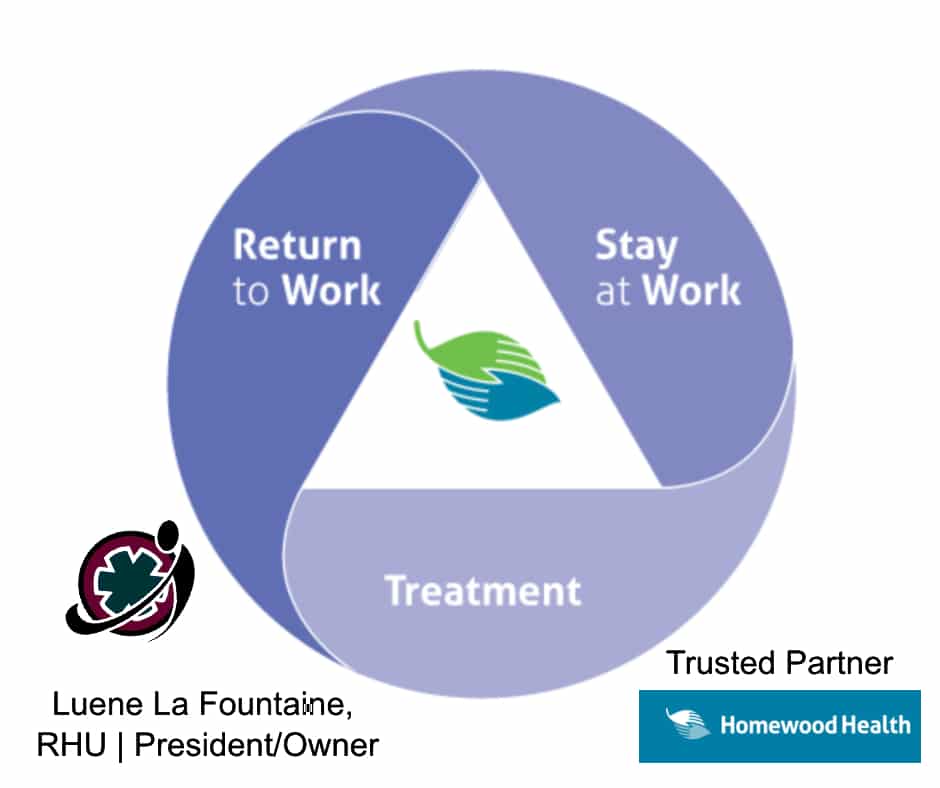An estimated 264 million people suffer from depression globally, one of the leading causes of disability, with many of these people also suffering from symptoms of anxiety. A recent world-wide global study estimates that depression and anxiety disorders cost the global economy US$ 1 trillion each year in lost productivity. Unemployment is a well-recognized risk factor for mental health problems, while returning to, or getting work is protective. A negative working environment may lead to physical and mental health problems, harmful use of substances or alcohol, absenteeism and lost productivity. Workplaces that promote mental health and support people with mental disorders are more likely to reduce absenteeism, increase productivity and benefit from associated economic gains.
Key facts
- Work is good for mental health but a negative working environment can lead to physical and mental health problems.
- Harassment and bullying at work are commonly reported problems, and can have a substantial adverse impact on mental health.
- There are many effective actions that organizations can take to promote mental health in the workplace; such actions may also benefit productivity.
- For every US$ 1 put into scaled up treatment for common mental disorders, there is a return of US$ 4 in improved health and productivity.
Work-related risk factors for health
There are many risk factors for mental health that may be present in the working environment. Most risks relate to interactions between type of work, the organizational and managerial environment, the skills and competencies of employees, and the support available for employees to carry out their work. For example, a person may have the skills to complete tasks, but they may have too few resources to do what is required, or there may be unsupportive managerial or organizational practices.
Risks to mental health include:
- inadequate health and safety policies;
- poor communication and management practices;
- limited participation in decision-making or low control over one’s area of work;
- low levels of support for employees;
- inflexible working hours; and
- unclear tasks or organizational objectives.
Risks may also be related to job content, such as unsuitable tasks for the person’s competencies or a high and unrelenting workload. Some jobs may carry a higher personal risk than others (e.g. first responders and humanitarian workers), which can have an impact on mental health and be a cause of symptoms of mental disorders, or lead to harmful use of alcohol or psychoactive drugs. Risk may be increased in situations where there is a lack of team cohesion or social support.
Bullying and psychological harassment (also known as “mobbing”) are commonly reported causes of work-related stress by workers and present risks to the health of workers. They are associated with both psychological and physical problems. These health consequences can have costs for employers in terms of reduced productivity and increased staff turnover. They can also have a negative impact on family and social interactions.
Health Risk Services trusted partner: Homewood Health
About Homewood Health
Homewood Health is the Canadian leader in mental health and addiction services. With more than 135 years of experience, Homewood achieves outstanding outcomes through its national network of more than 4,500 employees and clinical experts. Homewood’s complete suite of services includes organizational wellness, employee and family assistance programs, assessments, outpatient and inpatient treatment, recovery management, return to work and family support services, all customized to meet the needs of individuals and organizations. Homewood Health is redefining mental health and addiction services to help Canadians live healthier, more productive and more fulfilling lives.
To discuss your work place health programs contact:
| Luene La Fountaine, RHU | President/Owner |
| | phone: 403-236-9430 |













